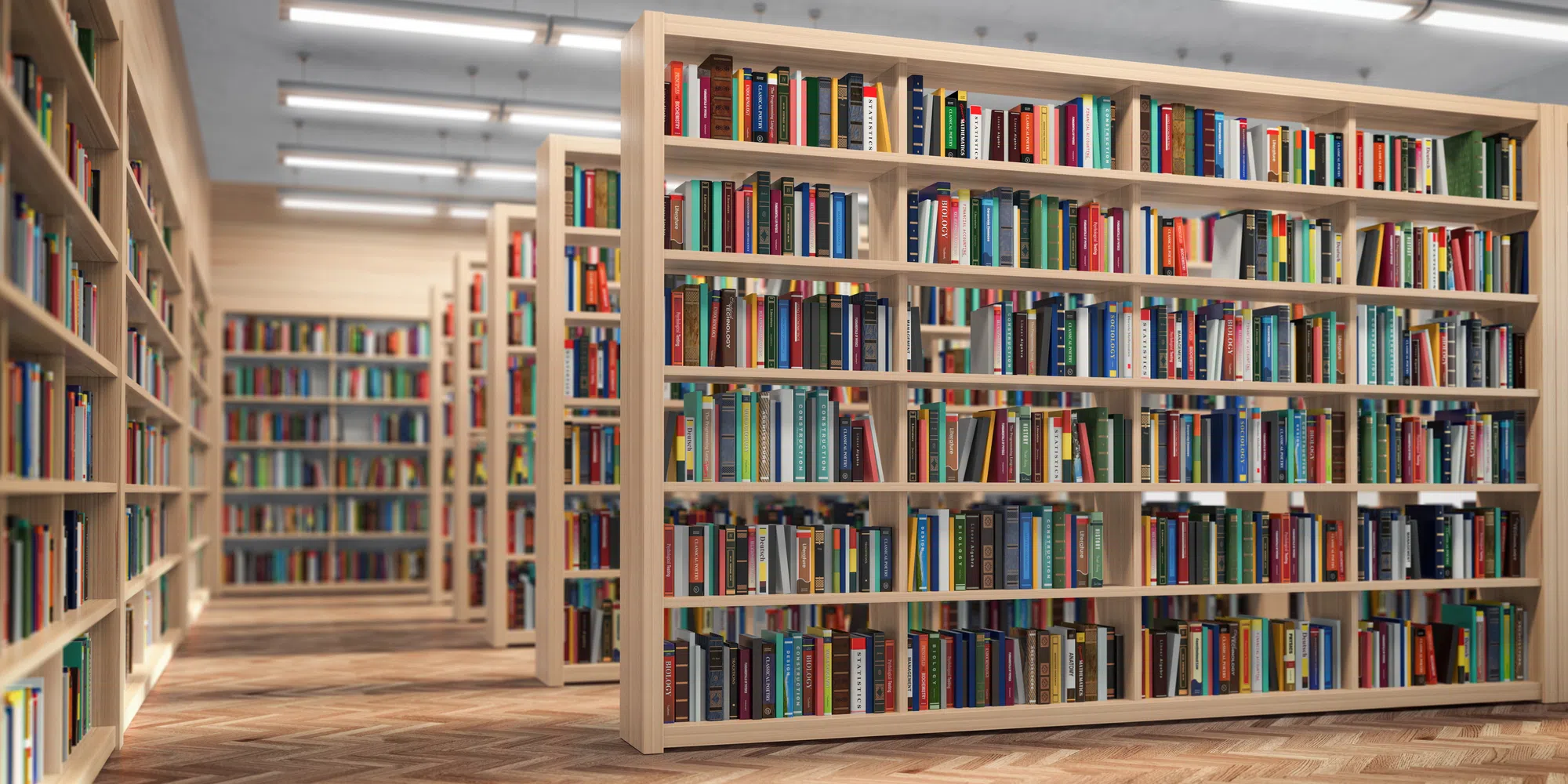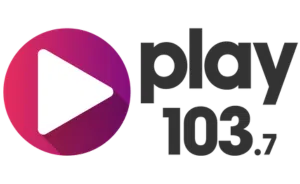
maxxyustas / Depositphotos.com
Critics slam Alberta’s school library standards as political theatre, say 2SLGBTQ+ students targeted
EDMONTON — The Alberta government has introduced sweeping new standards for school libraries that ban sexually explicit content and require school boards to implement policies for reviewing and supervising student access to books. While the province says the move ensures age-appropriate materials in school libraries, critics say it’s a politically motivated distraction that targets vulnerable students.
Education Minister Demetrios Nicolaides said the new guidelines are not about banning books, but about protecting children and bringing consistency to how library resources are chosen.
“Our actions to ensure that materials in school libraries don’t expose children to sexual content were never about banning books,” Nicolaides said. “These new standards are to ensure that school boards have clear guidance to ensure age-appropriate access, while reflecting the values and priorities of Albertans.”
Under the rules, materials with explicit sexual content will be banned from all school libraries by October 1, 2025. Books with non-explicit sexual themes may be made available to students in Grade 10 and above if considered appropriate. School boards will be required to audit their collections, publish complete book lists and implement policies governing access and complaints by January 2026.
The government says the standards were shaped by feedback from nearly 80,000 Albertans who participated in a public survey earlier this year. However, critics argue that the results tell a different story.
Mitchel Bowers, executive director of Wood Buffalo Pride, said the government is misrepresenting the findings to justify a “book ban” rooted in misinformation and political gain.
“The book ban put forward by the Alberta government is another example of their political overreach,” Bowers said. “Teachers and librarians already do their due diligence to ensure that the books in schools are appropriate for their age groups.”
He pointed to the province’s own survey, which found most respondents had never been concerned about sexually explicit content in school libraries, and the majority did not support new government standards. Most said librarians, not politicians, should decide what is appropriate for students.
“This ban reinforces misinformation that 2SLGBTQ+ stories are inherently sexually explicit and the myth that learning about 2SLGBTQ+ identities can ‘turn kids gay,’” Bowers said. “By removing 2SLGBTQ+ stories from school libraries, the government is furthering the isolation and harm already inflicted on 2SLGBTQ+ students with Bill 27.”
Bowers also accused the province of scapegoating queer youth and using cultural division to distract from deeper issues in public education, including funding shortfalls and a growing classroom crisis.
“Despite the government’s efforts to erase 2SLGBTQ+ identities and cause further division between us and the general public, we will remain loud, proud and visible. We want every 2SLGBTQ+ student and family to know that they are valid, appreciated and supported,” he said.
Opposition critics and educators also voiced strong concerns about the new rules.
Amanda Chapman, the Alberta NDP’s education critic, said the minister should be focused on more urgent issues, including underfunding, rising class sizes and the shortage of educational assistants.
“Our kids don’t need political theatre and press conferences about books,” Chapman said. “They need teachers, EAs and a government that actually funds public education.”
The Alberta Teachers’ Association said the new directive will increase teacher workloads and could lead to the removal of inclusive and educationally valuable books.
“This ministerial order accomplishes little other than politicizing a non-issue and targeting vulnerable students,” said ATA president Jason Schilling. “It will discourage teachers from seeking out materials that interest and engage students and will have a chilling effect in schools.”
Schilling said the directive is a response to a manufactured problem and highlights how under-resourced Alberta’s schools have become.
Supporters of the new standards, including some school boards and advocacy groups, praised the move for offering clearer expectations.
“Protecting kids from explicit content is common sense,” said education and LGBTQ advocate Blaine Badiuk, who supports age-appropriate access. “LGBTQ youth, like all children, deserve to see themselves in stories that are age-appropriate, supportive and affirming, not in material that sexualizes or confuses them.”
The standards apply to public, Catholic, francophone, charter and independent schools, but not to municipal libraries located in schools or instructional materials selected by teachers. School boards must also establish a formal process for reviewing challenged materials and must clearly communicate all library-related policies to families and staff by January 2026











Comments